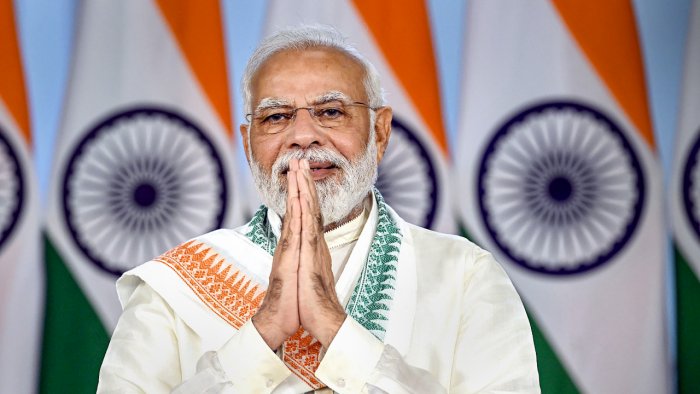Ahmed Yasin
The ongoing Indian general elections of 2024 hold significant implications, both regionally and globally, as Prime Minister Narendra Modi intensifies his anti-Pakistan and anti-Muslim rhetoric in a bid to secure more votes on religious grounds. With the elections being conducted in 28 states and 8 union territories in seven phases and featuring 960 million eligible voters, the outcome will undoubtedly shape the future direction of the country.
Prime Minister Modi’s recent address at an election rally in Bihar on May 13 showcased a heightened level of divisive rhetoric. His criticism of the opposition INDIA alliance and his derogatory remarks targeting Pakistan and Muslims have drawn widespread attention and criticism. Modi’s use of terms like “Vote Jihad” and his attempts to portray the election as a battle between Hindus and Muslims have sparked concerns about the potential polarization of voters along religious lines.
Moreover, Modi’s comments have been deemed as an attempt to energize Hindu voters by feeding them anti-Muslim rhetoric, especially as there is a perceived lack of enthusiasm among these voters. The rhetoric employed by Modi and other BJP leaders has been described as a desperate measure to secure votes, particularly in the face of a united opposition alliance called INDIA. The BJP’s portrayal of the election as a final opportunity for Hindus to “save” themselves from Muslims by electing Modi has raised questions about the ethical and democratic underpinnings of such a campaign strategy.
The implications of Modi’s rhetoric extend beyond the electoral arena. The potential escalation of food prices and inflation, along with concerns about religious nationalism, have become central themes in the election discourse. Modi’s strategy to focus on anti-Pakistan and anti-Muslim sentiments reflects a sense of insecurity and a bid to retain power. The outcome of the elections will reveal whether Indian voters align with this rhetoric or opt for a more inclusive and progressive vision for the country.
Looking at the broader context, the 2024 elections are also a test for the formation of the anti-BJP alliance known as the Indian National Development Inclusive Alliance (INDIA). Comprising major political parties, including Congress (I), the All India Trinamool Congress, and the Aam Admi Party, the alliance aims to provide an alternative to the current ruling dispensation. The BJP’s efforts to discredit the leadership of INDIA and its attempts to project a clear electoral edge raise questions about the mood of Indian voters and the extent to which they prioritize economic concerns, corruption, and democratic values over religious rhetoric.
Furthermore, the Modi regime’s treatment of religious minorities, particularly Muslims, has come under scrutiny. The regime’s actions, coupled with attempts to influence various institutions and civil society, have raised concerns about the erosion of democratic principles. The 2024 elections will serve as a litmus test for the depth of Indian democracy and its ability to withstand attempts to transform the country into a Hindu state.
As the elections draw closer, the focus remains on whether Indian voters will reject religious nationalism and divisive rhetoric in favor of a more inclusive and transparent political landscape. The outcome of the elections will not only shape the future of Indian politics but also send a message about the resilience of democratic values and the aspirations of a diverse and pluralistic society.
















